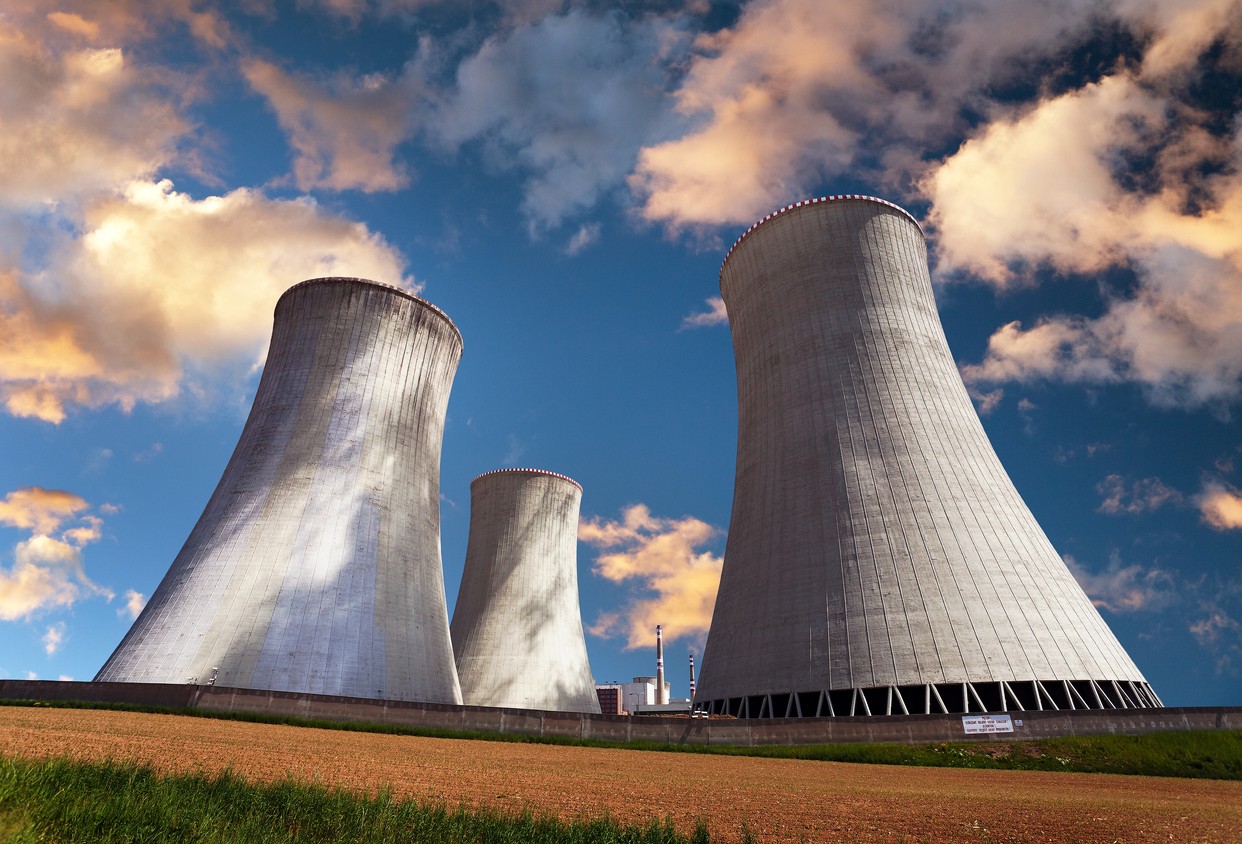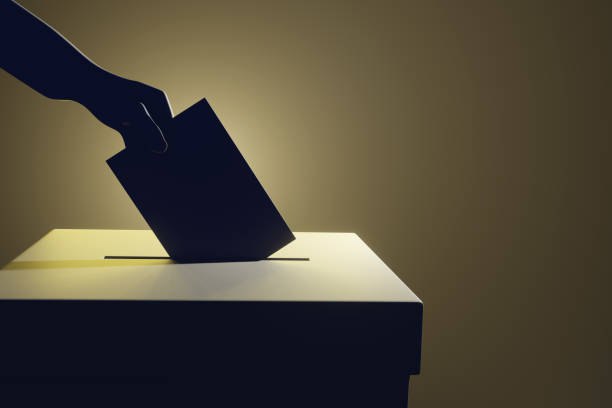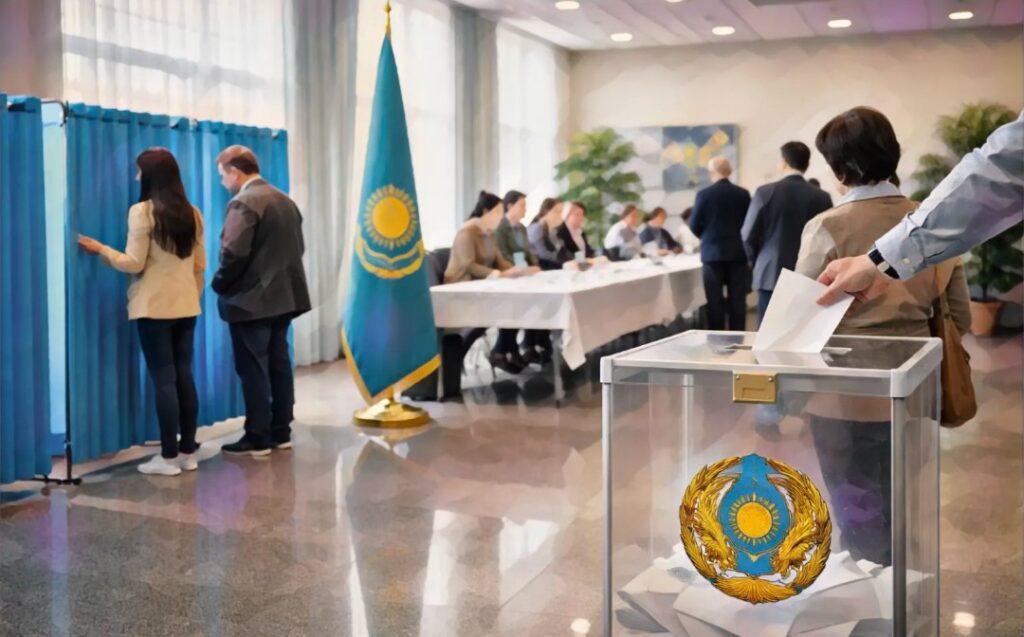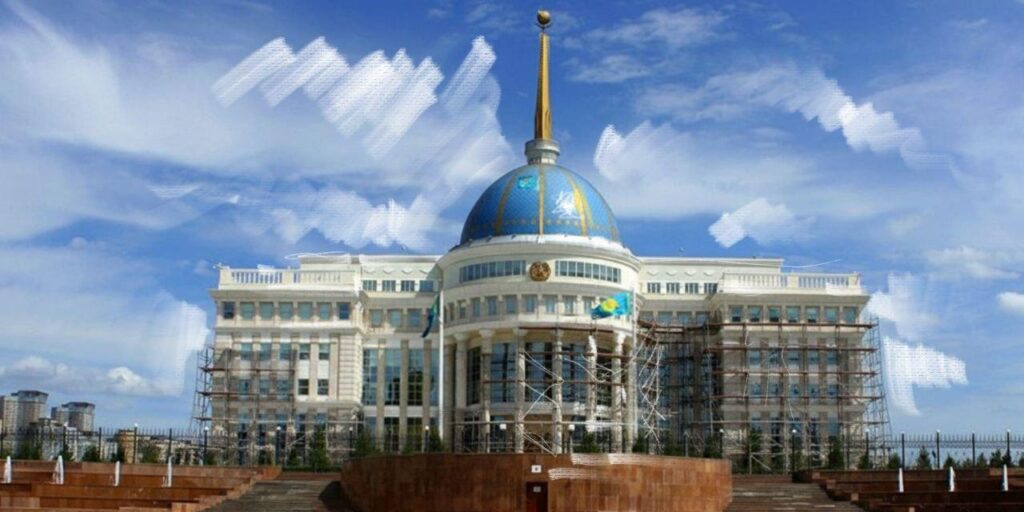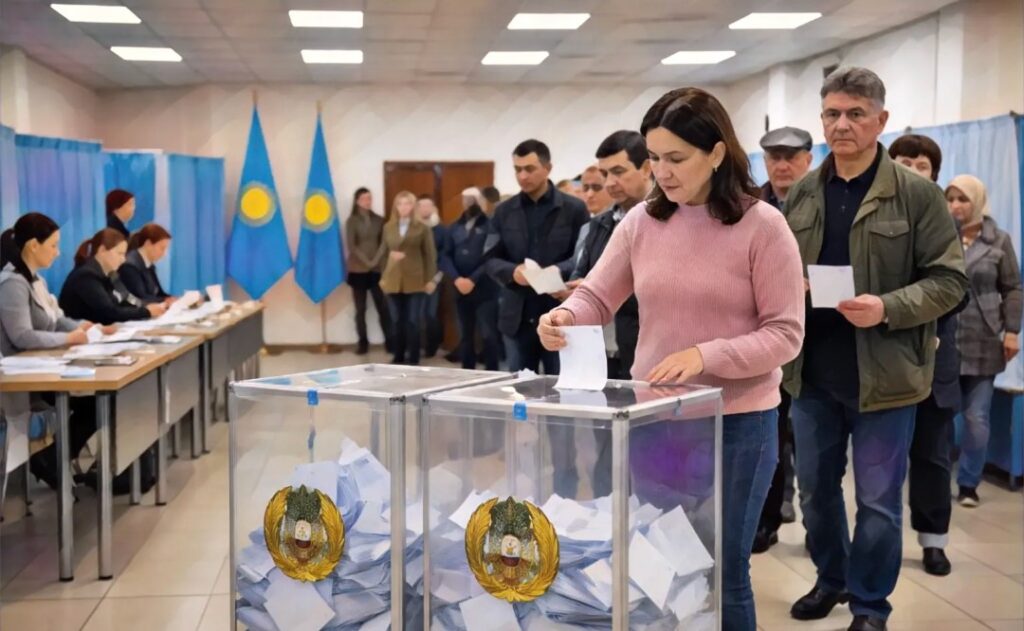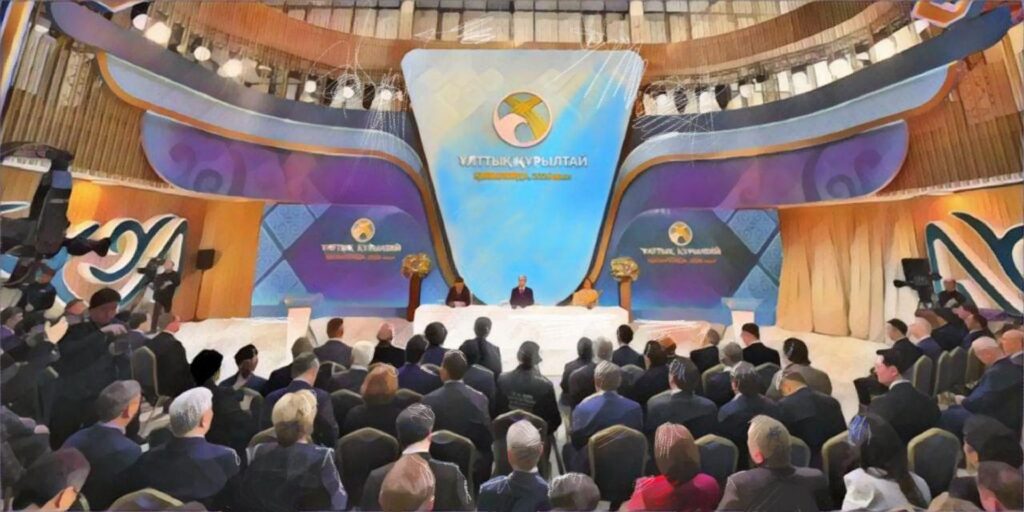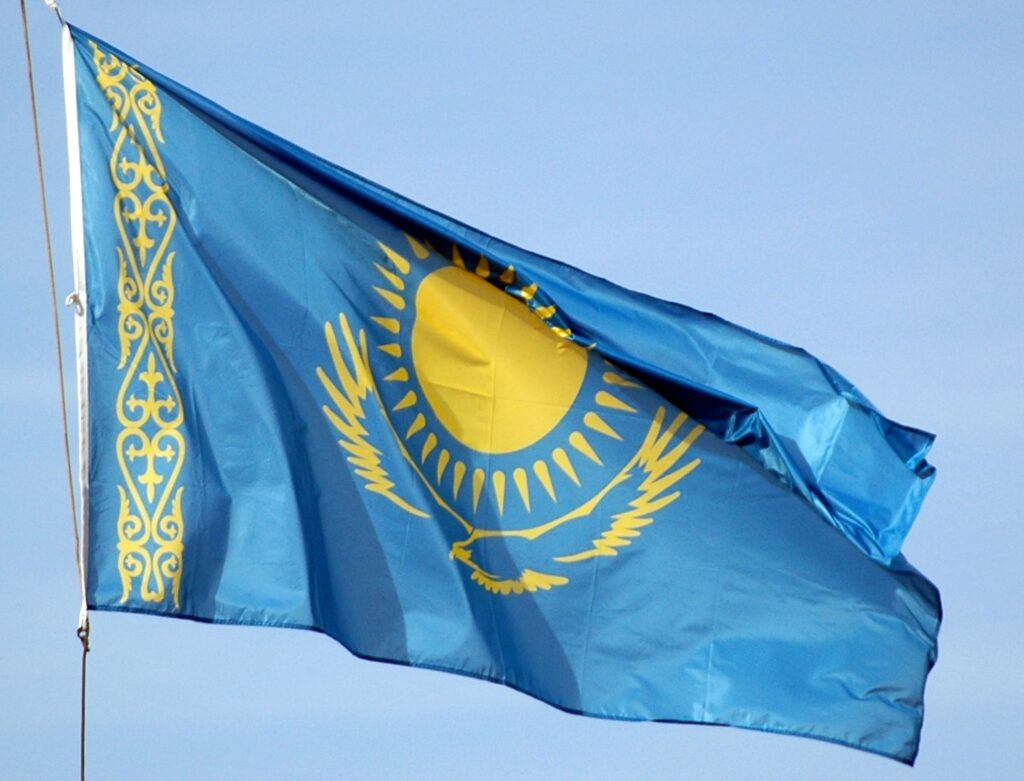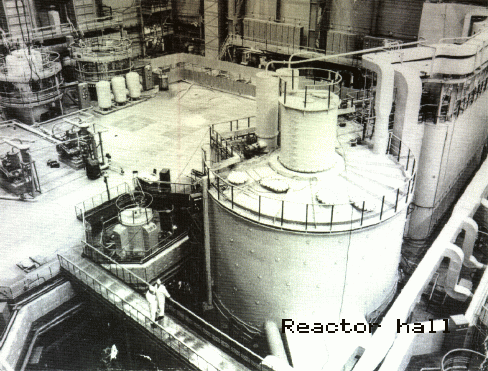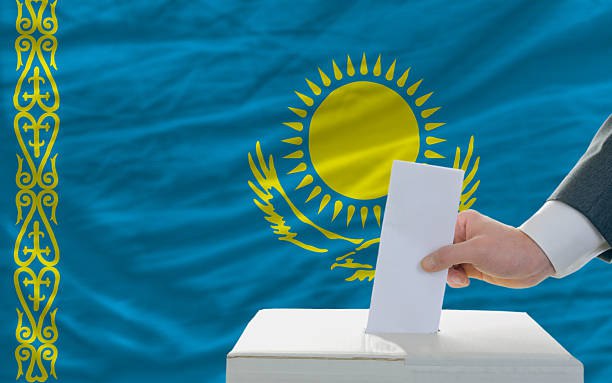Never short of diplomatic acumen, on September 2, President Kassym-Jomart Tokayev signed a decree on holding a referendum on the construction of a nuclear power plant (NPP) in Kazakhstan. Tokayev’s goal is to ensure that arguments for nuclear energy are compelling and to involve citizens, scientists, and government officials in the decision-making process. However, it’s crucial that the public are fully informed about these plans as Kazakhstan finalizes the first stage of its new nuclear development.
With demand for electricity soaring, it can be argued that the case for the NPP is compelling. Officials forecast that electricity deficits are set to worsen, leading to a reliance on imports, such as was the case in the 1990s. In the first three months of 2024 alone, tariffs rose by 26%.
Electricity in Kazakhstan is currently generated by 222 power plants under various forms of ownership, with 84% coming from fossil fuels, hydropower accounting for 12%, and less than 2% coming from solar and wind installations as of 2019. Renewables had expanded to 5.92% by 2023, but the deficit continues to grow.
Old-Timers and Newcomers
On October 6 of this year, the Kazakhstani people will give the final answer in a referendum on whether nuclear power will become a component of their everyday lives or whether nuclear-phobia, connecting both the memory of atomic testing at Semipalatinsk and persistent distrust in the ability of officials to build something grandiose without embezzlement, will prevail. The example of the LRT (the project for elevated light-rail transportation in Astana, which was to be implemented back in 2013) stands as a stark monument to corruption which has even penetrated the cultural code of today’s youth.
One of the first episodes of a then-popular show hosted by politician and businessman, Bulat Abilov, was devoted to nuclear energy and the need to build nuclear power plants. Abilov’s inspiration for this topic was Mukhtar Dzhakishev.
The former Head of Kazatomprom and Deputy Minister of Energy and Mineral Resources, on November 10, 2009, Dzhakishev was charged with the theft of Kazatomprom property and the receipt of bribes, and was sentenced to fourteen years imprisonment. Subsequently found guilty on separate charges related to embezzlement, fraud, involvement in organized crime and the abuse of power, he was sentenced to a further ten years to run concurrent to his prior sentence. Dzhakishev was released in March 2020, but this episode has led neither man to change their position – nuclear power plants are the best thing for Kazakhstan in light of coming energy shortfalls.
Agitators for the NPP, who also include the General Director of Kazakhstan Nuclear Power Plants JSC, Timur Zhantikin, and specialists from the Institute of Nuclear Physics of the Ministry of Energy, have, however, encountered vociferous opposition. Some still oppose the NPP, such as ecologist Mels Yeleusizov. The arguments among those resistant to construction of the NPP have long remained unchanged, with seismic hazards, radiophobia, and corruption at the forefront. The pressure on emotions has also remained unwavering, with slogans such as, “You care more about the NPP than [Lake] Balkhash,” implying that the plant will “suck the unique lake dry.”
Organizations such as the Save Lake Balkhash International Research Project have long- been campaigning for the designation of a “special status which legally protects [the] lake’s ecosystem and people inhabiting [the] lake area.” It is highly likely that the NPP would use water from the lake as a coolant. However, earlier this month, the Ministry of Water Resources and Irrigation announced that Kazakhstan and China are drafting an agreement on dividing trans-boundary river waters between the two countries. Upstream China has extensively diverted water from Balkhash’s main tributary, the River Ili, over the past half century to produce hydroelectric power and agricultural crops on irrigated land. According to research, as of 2021, China was blocking 40% of the river’s inflow to Lake Balkhash.
The Contenders
Timur Zhantikin noted at the government meeting which resulted in the draft resolution that formed the basis of Tokayev’s decree on the referendum, that a shortlist of potential suppliers for the NPP has been adopted. The list comprises four companies: China National Nuclear Corporation (CNNC) with the HPR-1000 reactor; Korea Hydro & Nuclear Power (KHNP) with the APR-1400 reactor; Rosatom with the VVER-1200 and VVER-1000 reactors; and France’s Électricité de France (EDF) with the EPR-1200 reactor. As previously reported by TCA, given the fraught state of international affairs, this decision itself represents a geopolitical tightrope act.
The China National Nuclear Corporation is subordinate to the State Council of China. The corporation is engaged in research and development, nuclear weapons development, research into uranium deposits, uranium mining and enrichment, nuclear fuel production, nuclear power generation, design and construction of NPPs in China and abroad, development of power equipment for nuclear reactors, and nuclear waste treatment and utilization. CNNC includes more than 110 enterprises with approximately 100,000 employees. It operates 15 power units at nuclear power plants.
Korea Hydro & Nuclear Power is a subsidiary of Korea Electric Power Corporation (KEPCO). It operates large nuclear and hydroelectric power plants in South Korea, which account for around 30% of the country’s electricity. KHNP operates 26 nuclear power plant units at home and abroad, and employs 12,551 people.
The State Atomic Energy Corporation Rosatom is Russia’s largest generating company, providing over 223.371 billion kWh of electricity (about 20% of the country’s total generation). Rosatom ranks first in the world in terms of its foreign construction project portfolio (39 power units in ten countries), second in terms of its uranium reserves, and fifth in terms of uranium production. The State Corporation provides 17% of all nuclear fuel on the market, and has 310,916 employees.
Finally, the state-owned Électricité de France (EDF) is France’s largest power generating company and the world’s largest operator of nuclear power plants. EDF operates 56 nuclear power plant units with a total capacity of 61,370 MW, supplying approximately 43% of France’s electricity consumption. The company has 171,862 employees, generates electricity at nuclear, hydroelectric, thermal, wind, and solar power plants, transmits and distributes electricity to end consumers, and produces equipment and fuel elements.
Water-to-Water Reactors
Why were these companies chosen? They all offer different models of the water-to-water reactor, which specialists in Kazakhstan are very familiar with. Since 1957, the Institute of Nuclear Physics has been operating in the village of Alatau, 20 kilometers from Almaty. This is the only research organization in Kazakhstan on the peaceful use of atomic energy, and conducts a full cycle of fundamental and applied research. Specialists at the Institute test materials for new-generation nuclear reactors and thermonuclear reactors, and also use nuclear technologies in the fields of medicine, industry, and scientific research.
Since the launch of the water-to-water reactor in Alatau in 1967, in its 57 years of operation not a single incident has occurred, and it has become one of the main training grounds for the future NPP.
Emotions vs Facts
Kazakhstan’s nuclear project faces significant challenges, with political scientist Daniyar Ashimbayev highlighting the importance of presenting a clear construction and operation plan for the proposed NPP. The choice of suppliers is critical due to geopolitical tensions which will influence public perception. The once obvious choice of Rosatom could potentially fuel anti-Russian sentiment linked to the Ukraine conflict, likely leaving a partnership between French and Korean firms or Russian and Chinese firms, with each scenario having drawbacks.
Ultimately, while many informed observers support the nuclear project, they feel the debate has veered towards political agendas rather than technical expertise. Proponents of nuclear power have also struggled to counter emotional opposition with facts. While recent polling has shown that the majority of those who intend to vote will cast their ballots in favor of the NPP, the fact that only 42.6% of respondents expressed a firm intention to participate in the referendum also points to a lack of public engagement.
